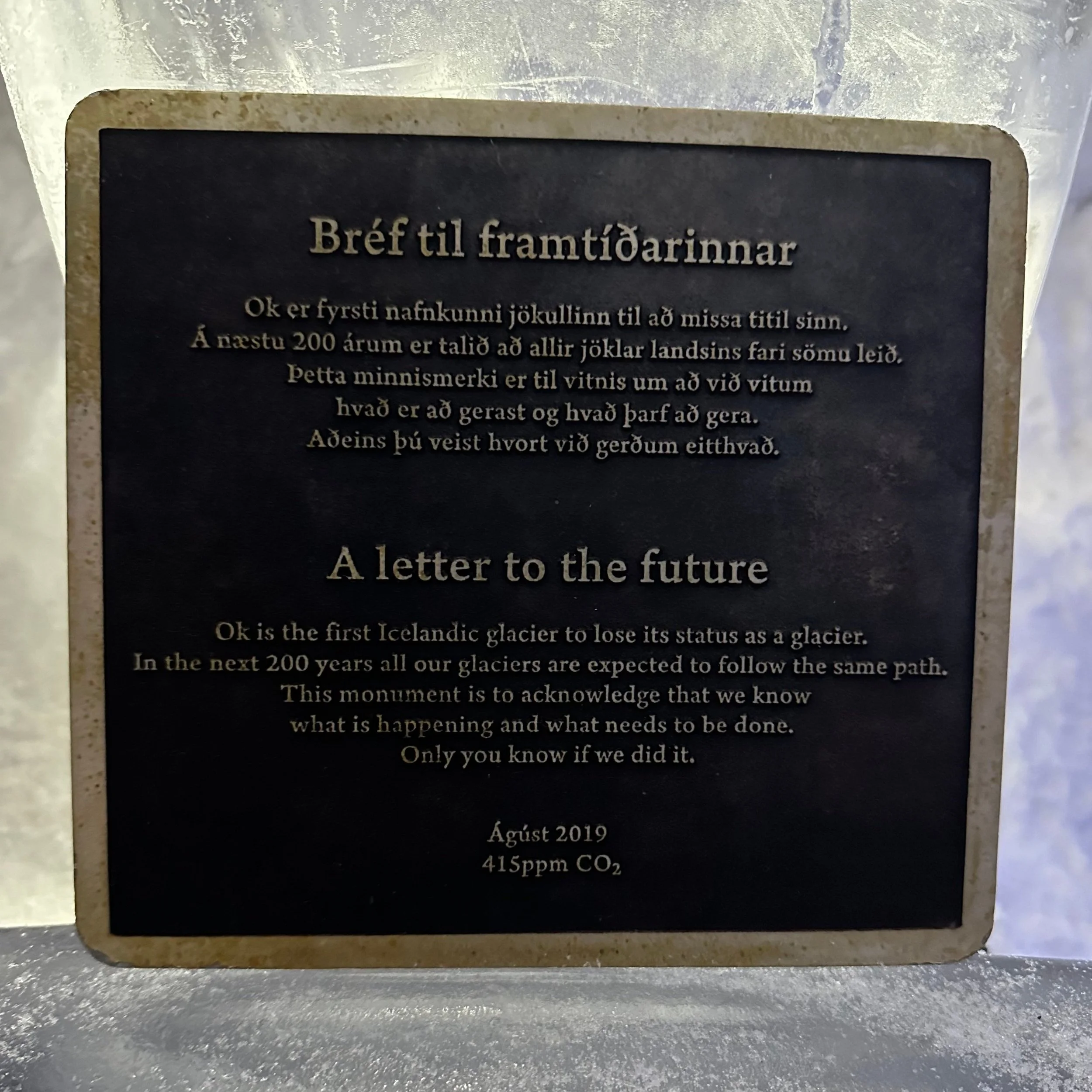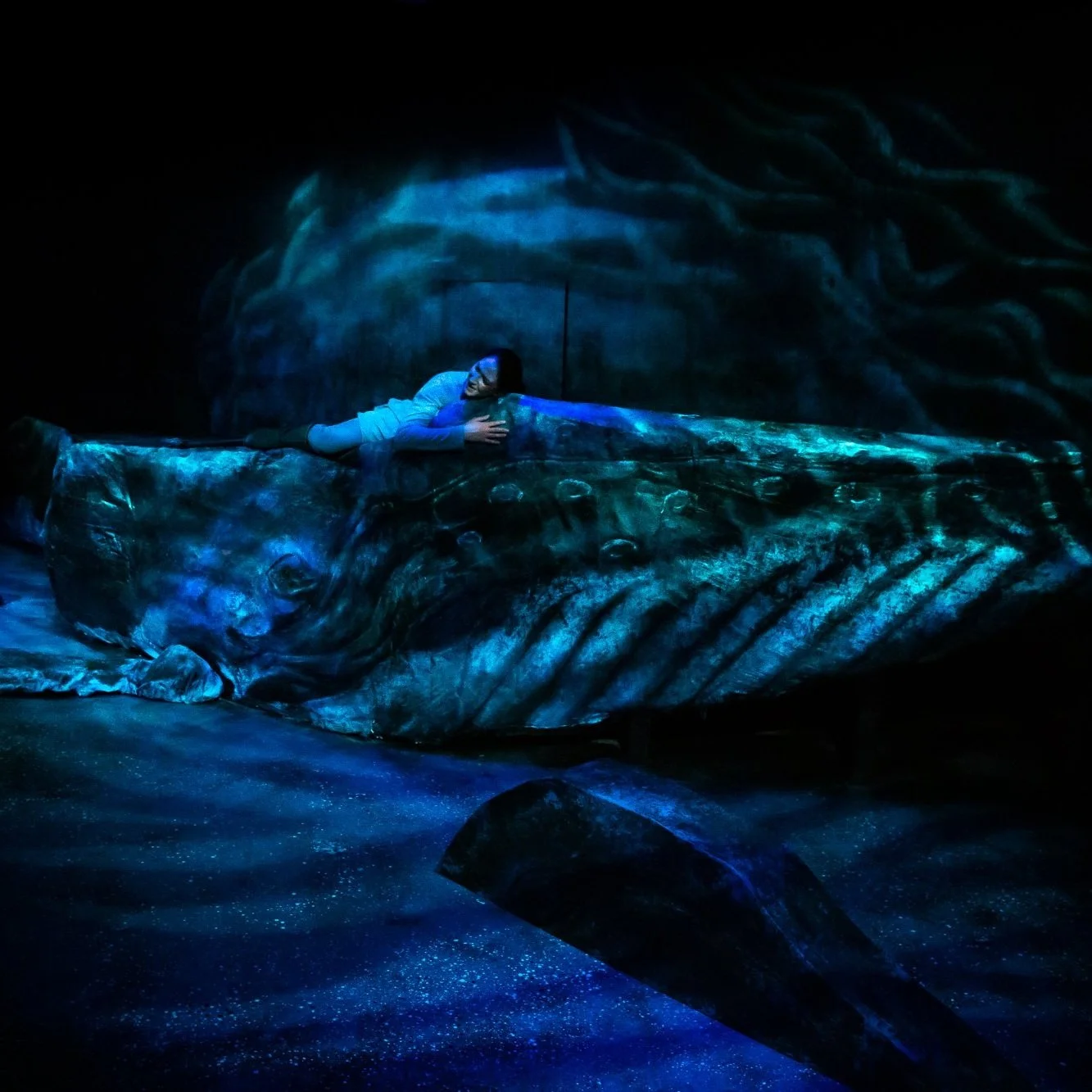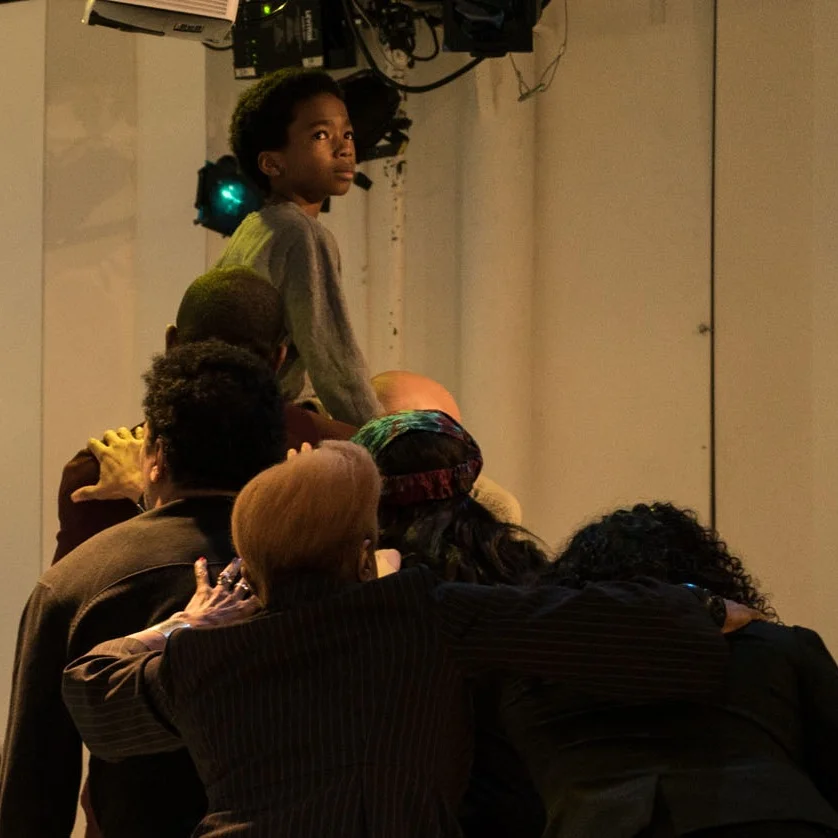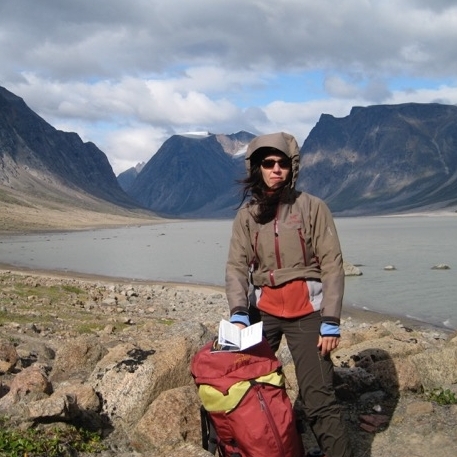PUBLICATIONS
Essays & Articles
Creating Work in Series in the Anthropocene
HowlRound, April 2024
Chantal Bilodeau kicks off another installment of Theatre in the Age of Climate Change by reflecting on her journey working on the Arctic Cycle against the backdrop of the continuously increasing global temperatures.
The Intimacy of the Climate Crisis
HowlRound, June 2023
Chantal Bilodeau kicks off this week’s series on Theatre in the Age of Climate Change with a piece about how plays dealing with the climate crisis seem to have proliferated in recent years.
The Story of Extractivism
Canadian Theatre Review, 2020
The story of extractivism is so embedded in our culture that most of the time, we don’t see it. Yet it informs our behaviours and shapes how we relate to each other and the world. The same is true in the theatre, where traditional narratives, venues, and presentation formats emerged from, and feed into, an extractive system without us noticing it much. As storytellers and culture makers, we have a responsibility to break through this inertia and search for a new story that will replace the promise of endless riches promoted by extractivism.
Dear Earth: I Love You
Artists & Climate Change, April 2020
Dear Earth, today is as good a day as any to tell you how much I love you. Cooped up in my apartment in New York City, helplessly watching the news as thousands of people suffering from COVID-19 breathe their last breath, I’m reminded of how much you mean to me.
Digging for New Roots
American Theatre Magazine, March 2020
“This is all wrong. I shouldn’t be up here. I should be back in school on the other side of the ocean…How dare you!” said Swedish teen activist Greta Thunberg to a roomful of world leaders in dark suits at the UN Climate Action Summit in New York City last September.
Changing the Climate Narrative Fifty Plays at a Time
artists & climate change, November 2018
We live in dark times – socially, politically, environmentally. The gap between rich and poor is increasing, countries around the world are embracing authoritarian ideologies, and the latest IPCC report warns that we have 12 years to decarbonize the economy and prevent climate catastrophe.
Bringing the Arts, Humanities, and Sciences Together to Address Climate Change
Future Earth Blog, October 2018
A member of the Future Earth secretariat joined scientists, artists, musicians, writers and activists for a week in August to wrestle with the most pressing issue of the century.
Exorcizing Harveys: Writing for Women of the Arctic
ARTISTS & CLIMATE CHANGE, OCTOBER 2018
Harveys suck, let’s start with that. They utterly and despicably suck. Harveys, as we brutally found out last summer, are abusive and dangerous. They have power, a ridiculous amount of power, and nothing will stop them.
Why Do Women Climate More Than Men?
HowlRound, March 2018
Chantal Bilodeau kicks off this week’s series on Theatre in the Age of Climate Change by suggesting that women in the arts may be our planet’s best bet for survival.
F*ck the System
(And the Horse It Rode In On)
HowlRound, September 2017
We as a theatre community need to recognize when our practices and systems are detrimental to the earth and other people, and strive to change them.
Theatremakers vs The Climate Fools in the White House
HowlRound, April 2017
A suggestion on what theatremakers can do to counter the ridiculous environmental decisions made in the White House.
Small Adaptation Miracles in Alaska
Arctic in Context, February 2017
Climate-induced changes have dominated discussions of plant and animal migration patterns in the Arctic. In research for a play about migration in Alaska, Chantal Bilodeau came across a poetic lesson: The adaptation of species to new conditions is a survival skill worthy of praise.
Why I'm Breaking Up With Aristotle
HowlRound, April 2016
Why playwrights need to write themselves out of the pyramid.
As the Climate Change Threat Grows, So Does a Theatrical Response
American Theatre Magazine, March 30, 2016
What started as a North American short-play project around last year’s Paris talks blossomed into an ongoing worldwide effort.
Striving for Meaningful Impact
Fresh Perspectives 4: Art for the Planet's Sake,
IETM International Network for Contemporary Performing Arts, December 2015
In ‘Striving for Meaningful Impact’ Chantal Bilodeau (Canada) considers the effects of arts practice on the artist, the audience, the sector and the wider community, and approaches to measuring their impacts.
Our Affair With Energy
Center for Energy and Environmental Research in the Human Sciences, Rice University, May 2015
How can the arts support our efforts to address our current energy problem?
In Search of a New Aesthetic
HowlRound, April 2015
(One of the Editor's Picks for 2015)
An account of Chantal Bilodeau's trip to the Canadian Arctic and how that changed how she wanted to write plays.
Harnessing Culture to Address Arctic Issues
Arctic in Context, March 2015
Canadian playwright Chantal Bilodeau recently returned from a trip to Tromsø in the Norwegian Arctic, where she spent five days working on her new play "Forward." In her latest blog, Bilodeau examines how art can play a role in responding to the threat of climate change.
A Playwright's Journey to the Canadian Arctic
Arctic in Context blog, November 2014
Despite its vibrant culture, Nunavut, in the Canadian Arctic, is struggling both economically and socially. Chantal Bilodeau's most recent theatrical production deals with the intersection of race, class, and climate change within this indigenous population's community.



















